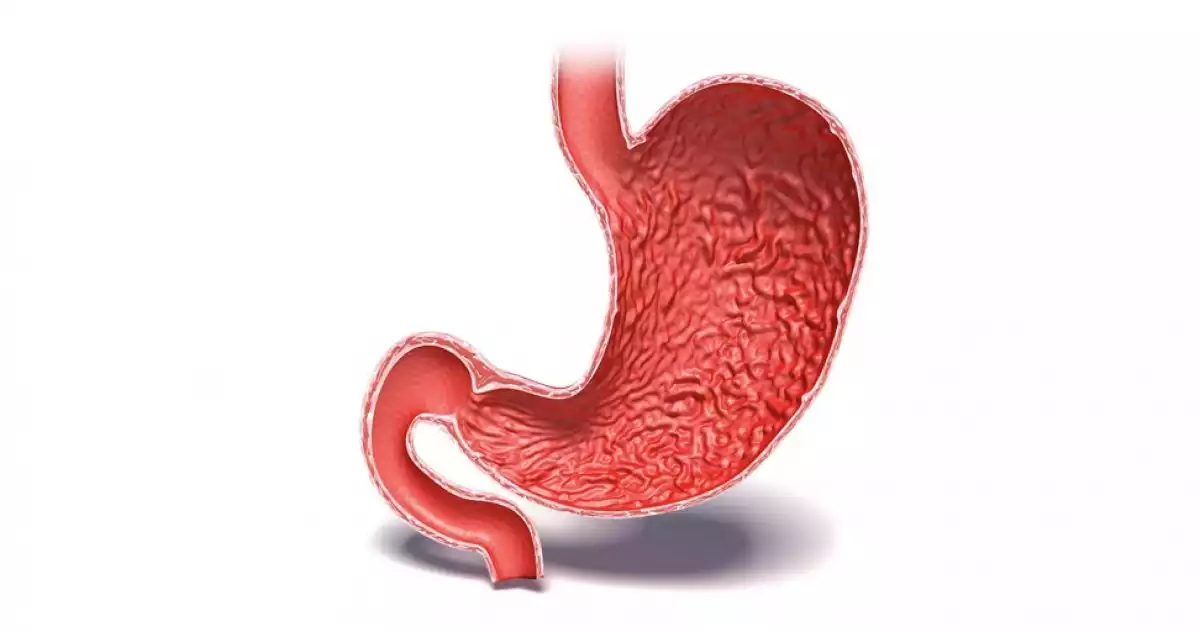
Among all the types of cancer that exist, stomach cancer, also known as gastric cancer, is the third one that causes more deaths; specifically, between 7% and 9% of people who die due to cancer have been diagnosed with this disease. It is twice more common in men than in women, according to the World Health Organization, and it is associated with viral infections, unhealthy diets, and tobacco consumption.
In the article, we will talk about which the symptoms and the signs that alert of the presence of stomach cancer are. For this, we will review the progression of these manifestations as the disease advances.
Stomach cancer symptoms
The symptoms of stomach cancer may take time to appear: this disease is usually asymptomatic during the initial stages. This is problematic because it makes it difficult to detect the problem, which largely explains the poor prognosis that people diagnosed with this type of cancer usually have.
Let’s see which the main symptoms of stomach cancer are, following its usual progression, associated with the proliferation of cancer cells and tumor growth. It is essential to bear in mind that these manifestations could indicate other disorders of a milder nature, such as gastric ulcers or the presence of stomach viruses or other areas of the digestive system.
1. Stomach and digestive disorders
Usually, the presence of a developing stomach tumor affects the functioning of the stomach. In the initial stages this manifests itself in symptoms such as heartburn and indigestion, although such early warning signs do not occur in all people with stomach cancer because, as we say, it usually remains asymptomatic for a long time.
In more advanced stomach cancer stages, most patients suffer from constipation and diarrhea, as well as other symptoms associated with them that we will refer to later. This is due to the growth of the tumor, which interferes increasingly in the normal process of excretion.
2. Decreased appetite
The loss of appetite and the early sensations of satiety when eating are other symptoms that warn of possible stomach cancer. This type of problem seems to be associated in a particularly significant way with the consumption of meat, in comparison with other types of food, and in all likelihood, it is related to digestive difficulties.
3. Abdominal pain
The growth of cancerous tissue makes the sensations of persistent discomfort and pain in the abdomen typical symptoms of stomach cancer. As the disease progresses, it is common for pain to extend from the stomach to the upper part of the abdomen.

Abdominal pain is a typical symptom of stomach cancer |
4. Swelling sensation
As the tumor gets bigger, it is normal that people with stomach cancer experiment a more or less permanent swelling feeling that intensifies after eating.
This symptom, typical of the advanced stages of stomach cancer, seems to be associated with an increasing possibility of suffering from constipation and diarrhea, two very common signs of the disease that we have previously referred to.
5. The appearance of nausea and vomiting
Nausea and vomiting are two typical symptoms of this disease when the tumor has significantly grown. They usually appear in brief moments, similar to the appearance of the last signs that we have explained in the previous sections.
6. Weight loss without explanation
As with many other difficult-to-detect problems related to the digestive system, among the symptoms of stomach cancer, we find weight loss, which is usually gradual but can also occur quite abruptly.
7. Fatigue and physical weakness
The multiple digestive symptoms of stomach cancer explain the frequency of sensation of physical fatigue and lack of strength. These signs often occur in the context of a diagnosis of anemia.
8. Feces or vomiting with blood
If when vomiting you expel blood or you detect it in your excrement, you may have stomach cancer; however, other milder disorders can also cause this symptom. It is a widespread alteration in advanced stages of tumor development.
9. Difficulty when swallowing (dysphagia)
The technical term for problems when swallowing food and liquids is "dysphagia." When this symptom occurs in the context of stomach cancer, it is usually due to the proliferation of the tumor to the esophagus and to the region in which it joins the stomach.
References
Chang, A. H. & Parsonnet, J. (2010). Role of Bacteria in Oncogenesis. Clinical Microbiology Reviews, 23(4): 837–857.
González, C. A., Sala, N. & Rokkas, T. (2013). Gastric cancer: epidemiologic aspects. Helicobacter, 18(Supplement 1): 34–38.
